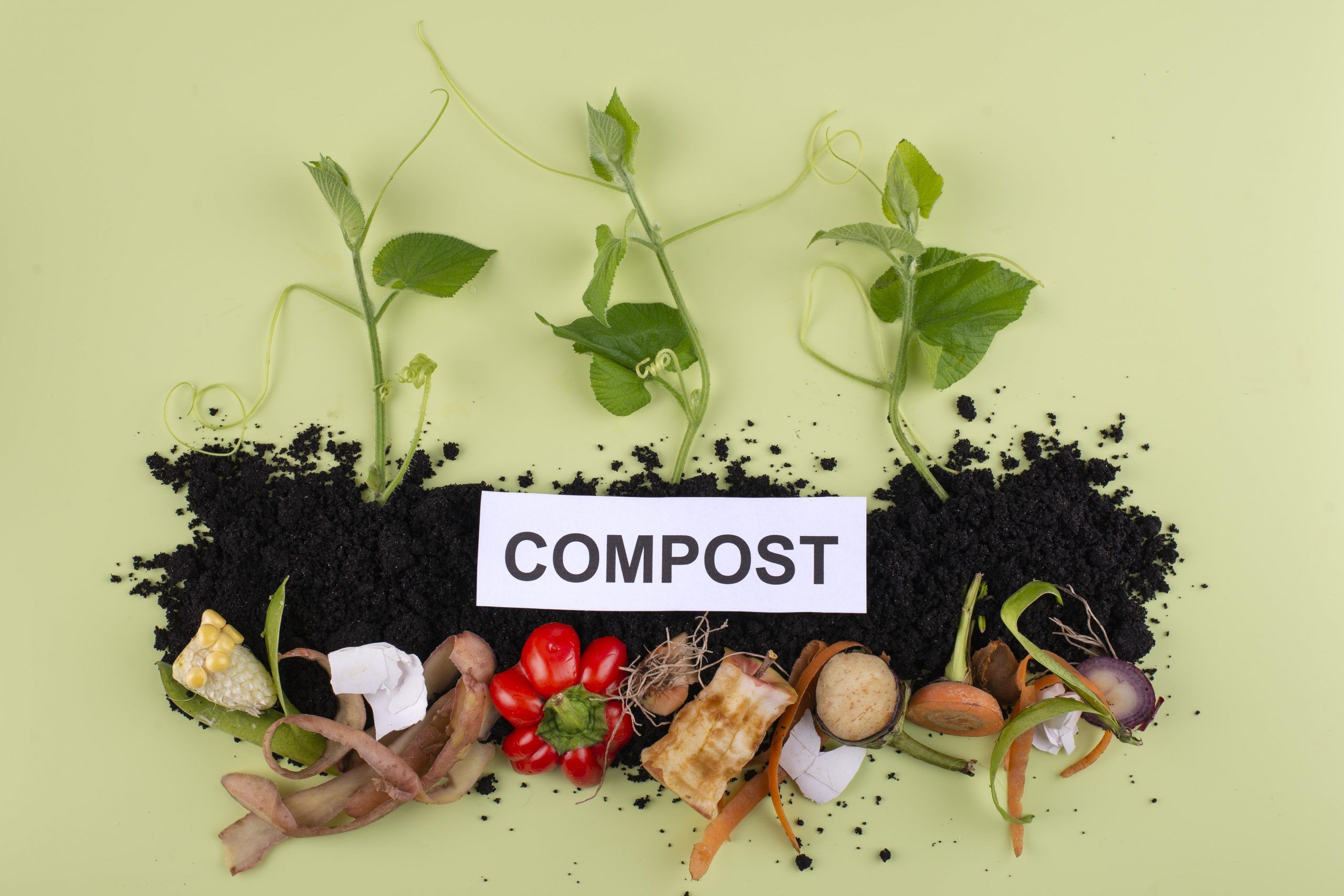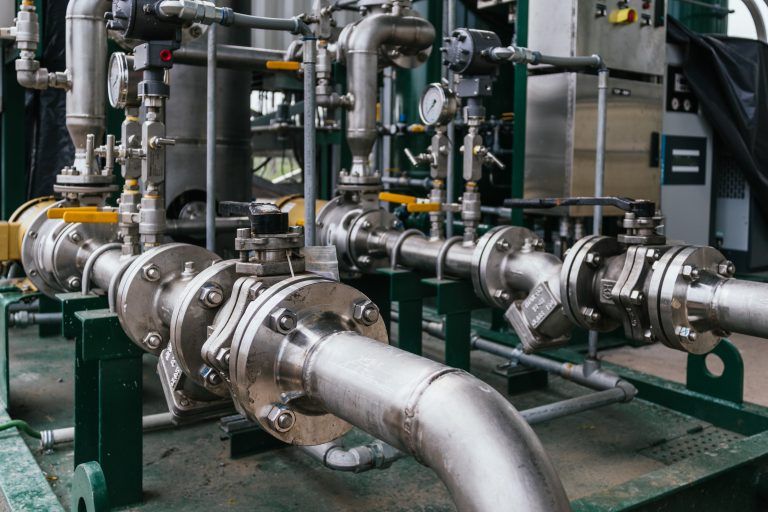Composting is a natural process that transforms organic waste, such as yard trimmings and food scraps, into a nutrient-rich soil amendment. Not only is composting an effective way to reduce the amount of waste sent to landfills, but it also plays a crucial role in combating climate change.
When organic waste decomposes in a landfill, it produces methane, a potent greenhouse gas that contributes to global warming. By diverting organic waste from landfills and instead allowing it to decompose in a controlled and managed environment, composting reduces the amount of methane produced and helps to mitigate the impacts of climate change.
Additionally, composting can also help to sequester carbon in the soil. When compost is added to soil, it increases the soil’s organic matter content and improves its ability to hold water and nutrients. This, in turn, leads to healthier and more resilient plants, which can help to remove carbon from the atmosphere and store it in the soil.
Composting is a simple yet powerful tool in the fight against climate change and waste reduction. By diverting organic waste from landfills, reducing methane emissions, and sequestering carbon in the soil, composting plays a vital role in creating a more sustainable future.
Waste reduction is one of the main benefits of composting, it allows to reduce the amount of waste that goes to landfills and also help to reduce the use of synthetic fertilizers which are a major source of pollution.
Overall, composting is a scientifically proven, easy and effective way to reduce waste and make a positive impact on the environment. It is a key element in the fight against climate change and a step towards a more sustainable future.


